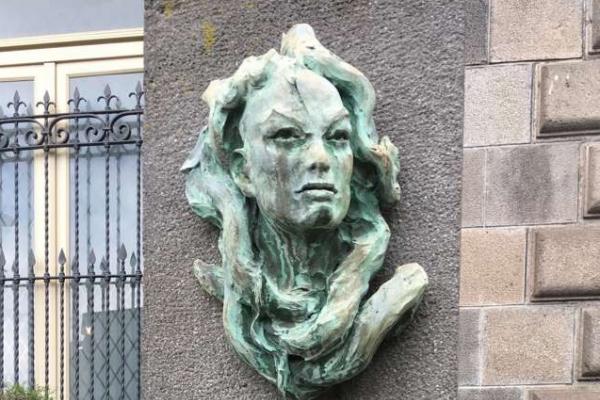Oct 4, 2018
One of the highlights of my trip to Costa Rica was visiting Teatro Nacional de Costa Rica in San Jose. Taking a break from the beaches and after consuming a healthy amount of papaya and platanos, I wanted to go there to see the area outside the theater, which has busts of some of the Central American country’s famous writers: Eunice Odio, Joaquín Gutierrez, and Yolanda Oreamuno. After the visit, with the help of some of my tias and primas, I even brought home a few books from these authors. They were particularly pleased I was interested in reading literature from Costa Rica.
Read the Full Article

Already a subscriber? Login
